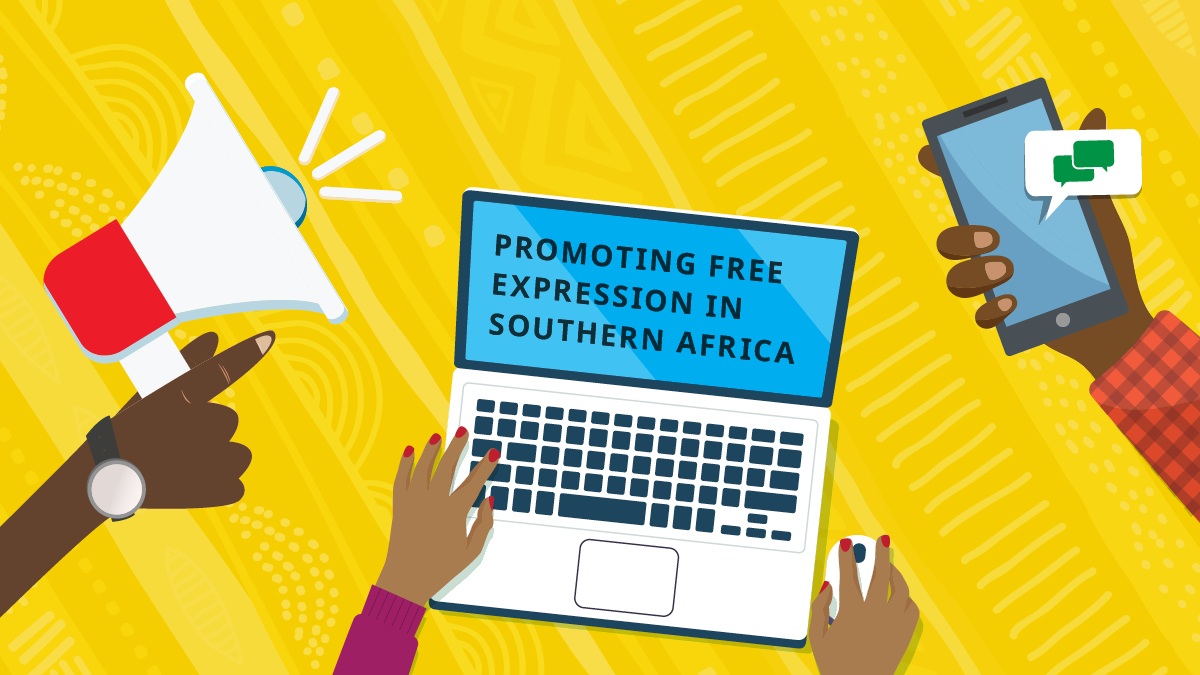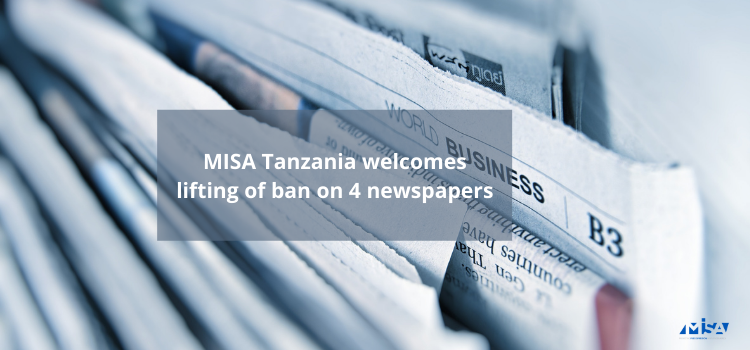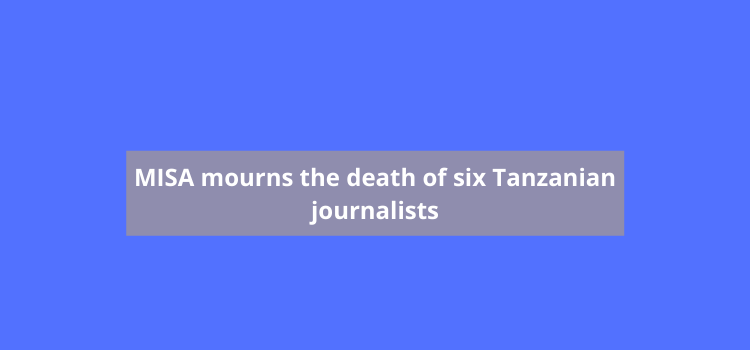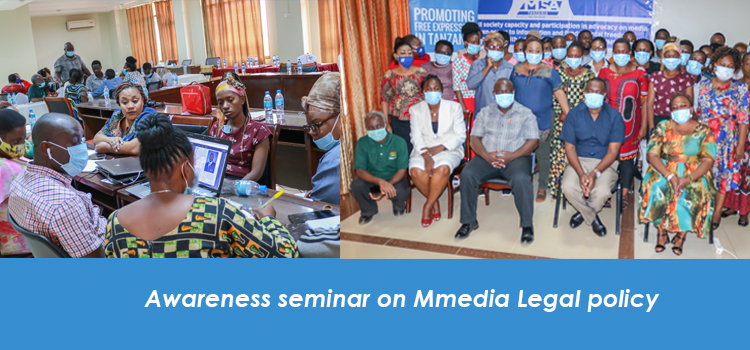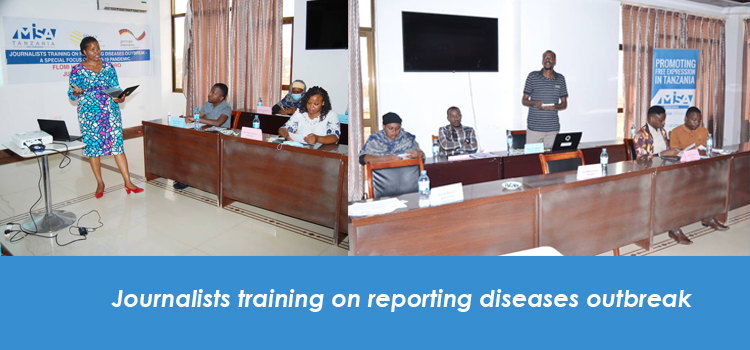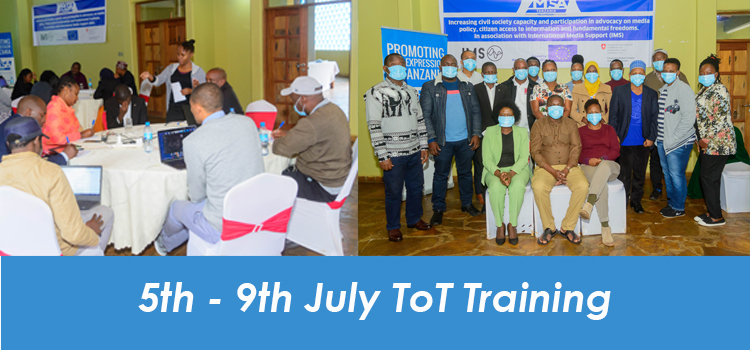‘Critical Minds for Critical Times: Media’s Role in Advancing Peaceful, Just and Inclusive Societies’ was this year’s central theme for the World Press Freedom Day 2017 commemorations.
The two-day event was marked at national level in Mwanza, Tanzania and attracted over 250 participants from all corners of the country. They included dignitaries and representatives of NGOs, government regulatory bodies, diplomatic missions, UN agencies, donor communities, media houses, press clubs, journalism training institutions, international media, and government, as well as veteran journalists.
Every year, 3rd May is a date which celebrates the fundamental principles of press freedom; to evaluate press freedom around the world, to defend the media from attacks on their independence and to pay tribute to journalists who have lost their lives in the exercise of their profession.
In our present time, we are reminded that access to information is a fundamental freedom which is part of the basic right to freedom of expression. Receiving and imparting information, both offline and online, is a cornerstone of democracy, good governance, and rule of law.
World Press Freedom Day also now relevantly highlights the importance of free and independent journalism for advancing the 2030 Global Agenda for Sustainable Development.
Joint collaboration for a national commemoration of World Press Freedom Day aimed at strengthening common action for a conducive legal and regulatory framework; synergies in implementation for increased access to information and freedom of expression; and a common vision for the achievement of related targets of the Sustainable Development Goals.
The general objective of the 2017 commemoration was to raise awareness of the importance of freedom of the press and remind governments of their commitments made to respect and uphold the right to freedom of expression enshrined under Article 19 of the 1948 Universal Declaration of Human Rights and mark the anniversary of the Declaration of Windhoek, a statement of free press principles made in 1991.
Specifically by:
- Engaging media stakeholders, actors and general public, particularly youth, in highlighting and addressing key issues relevant to building a conducive environment for transparency and accountability
- Providing a platform for dialogue on current developments in the media environment affecting access to information and press autonomy
- Drawing consensus for action through a national mechanism for the safety and protection of journalists and media workers, online and offline
- Advocating for policy and legal framework reform for media progress for sustainable development
During the official opening of the event, Ms Salome Kitomari, MISA Tanzania Chairperson, took the stand to welcome local media stakeholders and dignitaries invited to this year’s commemorations.
She said this year’s event was, indeed, marked with sort of apprehension as the media is pushed to redefine itself and its role in a society fascinated and mesmerised by speedy, instant and captivatingly packaged information that is far removed from the traditional interpretation of journalism.
Thrown into this mix, she contended, the dissemination of unverified information that is not easy to define as fake news.
Acting as the major host, also in her capacity as an Organising Committee Chairperson, Ms Salome reminded her audience that the media, whose role is to empower citizens, is itself being disempowered by poor working conditions.
This scenario, she said, compromises the media as a watchdog by an unfair labour practices and low salaries pitted against increasing workloads, resulting in unethical practices in the form of indiscriminate and widespread acceptance of freebies.
She underlined that MISA Tanzania, remains pretty apprehensive about media legislation sweeping across the continent, including Tanzania, under the guise of protecting citizens from cybercrime and reinforcing their rights to privacy while the actual intent is to introduce more stringent monitoring of the internet and control over content posted on social media platforms.
The mistaken impression is that this will affect only the media but the impact of this type of control will have a devastating impact on virtually the whole citizenry as it will curtail their freedom of expression rights, among other side effects.
Resolutions officially adopted at the end of the day included:
- Government is duty bound to put in place an enabling environment for the media to be able to do business profitably
- It is high time the government envisaged a constraints-free system according to which social media can smoothly operate in the present technological advancement
- Non-commercial community media be allowed to apply for ‘commercial licence’ so they access adverts, thus generating income required for day-to-day operations
- Some unfriendly sections enshrined in the Media Services Act, 2016 be reviewed
- Social media ought to disseminate information strictly in compliance with professionalism and ethics so as to keep abreast of technological changes
- Reporters must be free from editors; editors must be free of media owners who, in turn, must be free from undue political/ business community influence to guarantee press freedom
- The media workers must be versed in Media Services Act, 2016 including defamation section which has been criminalised
- Safety of journalists’ agenda should start with each individual mass communicator himself/ herself by adhering to professionalism and ethics, besides media fraternity itself to stand firmly together in showing objection to any kind cruelty on the journalists.




